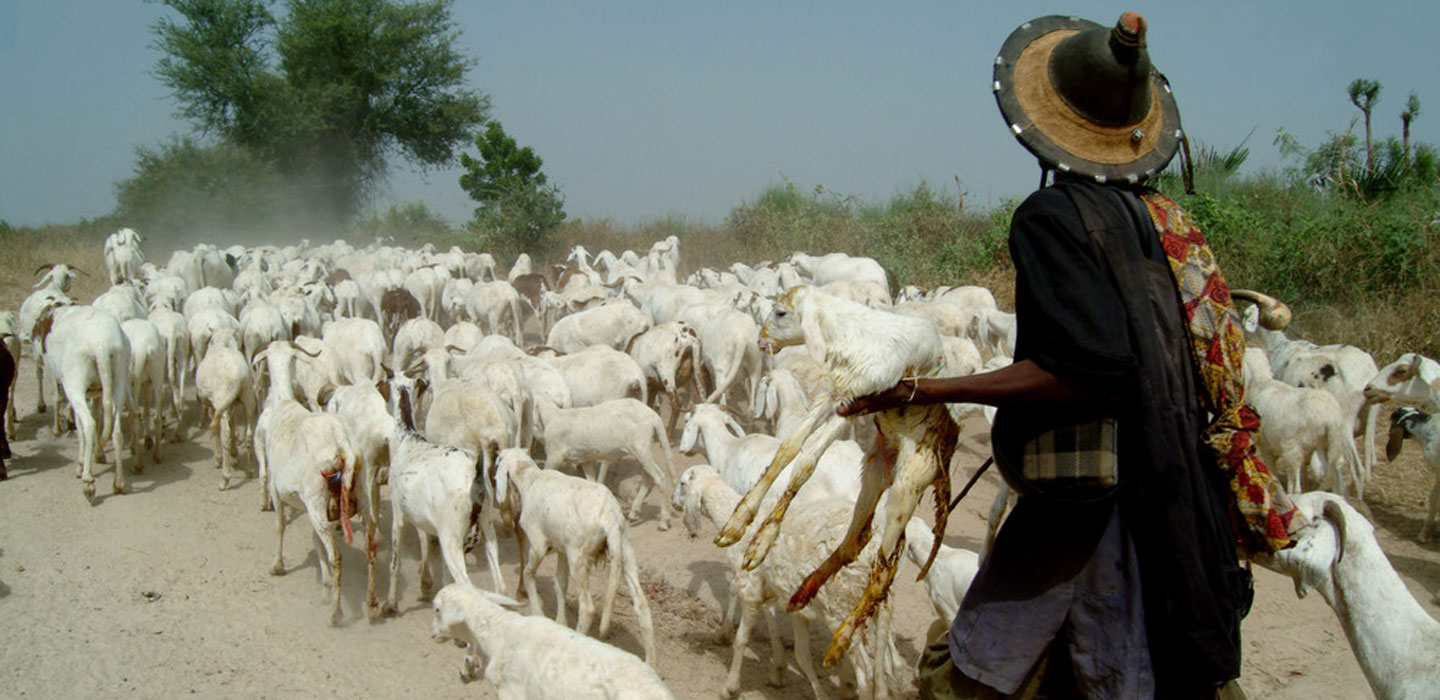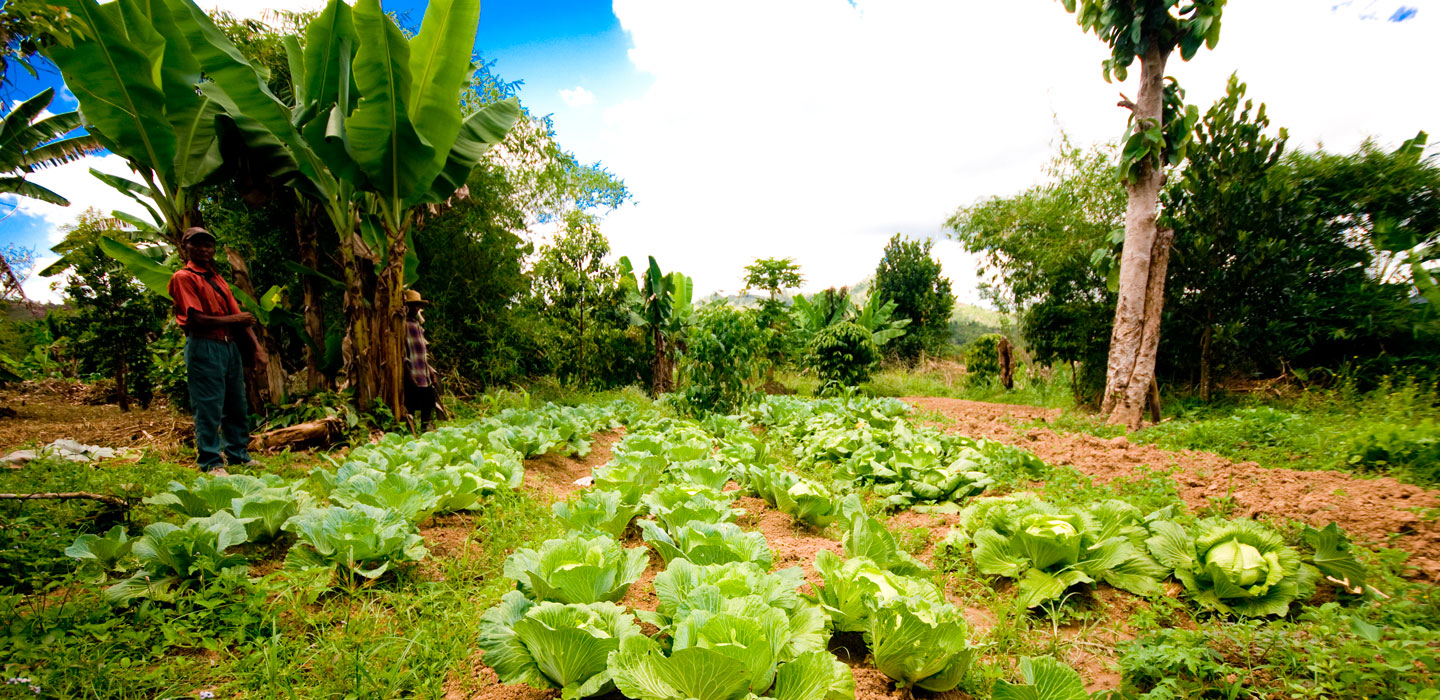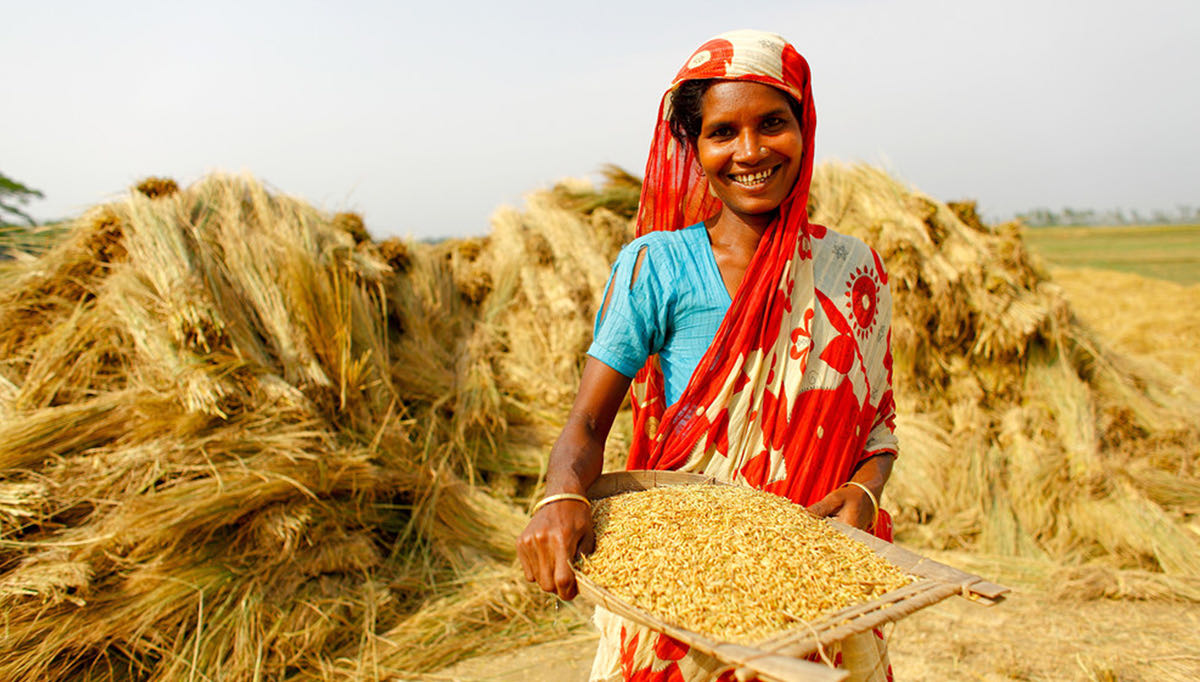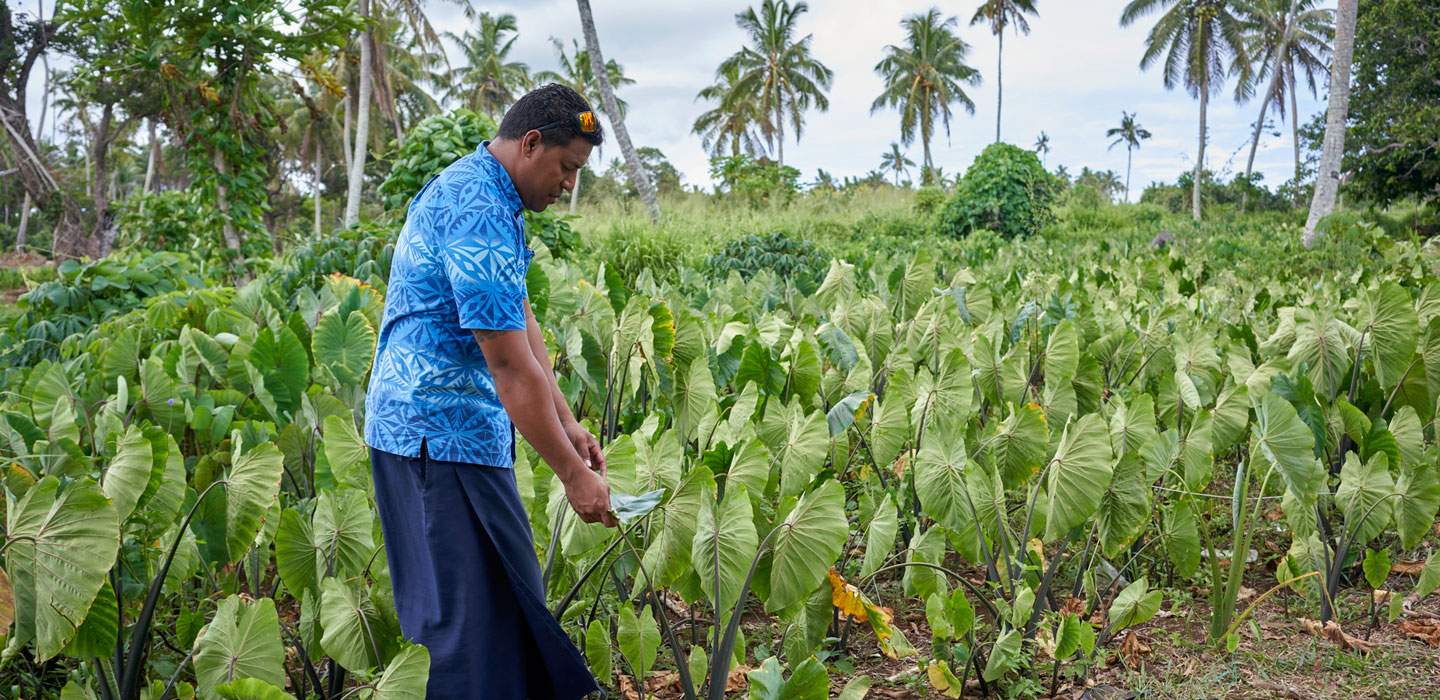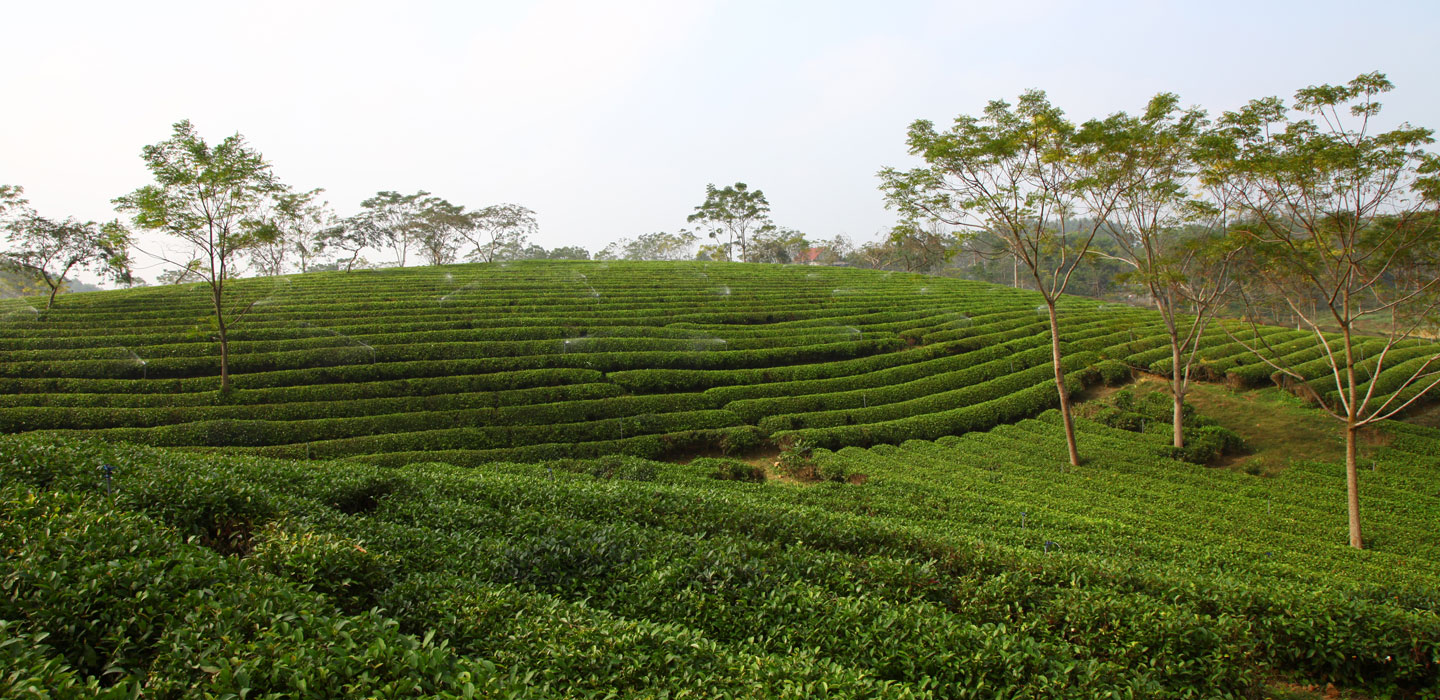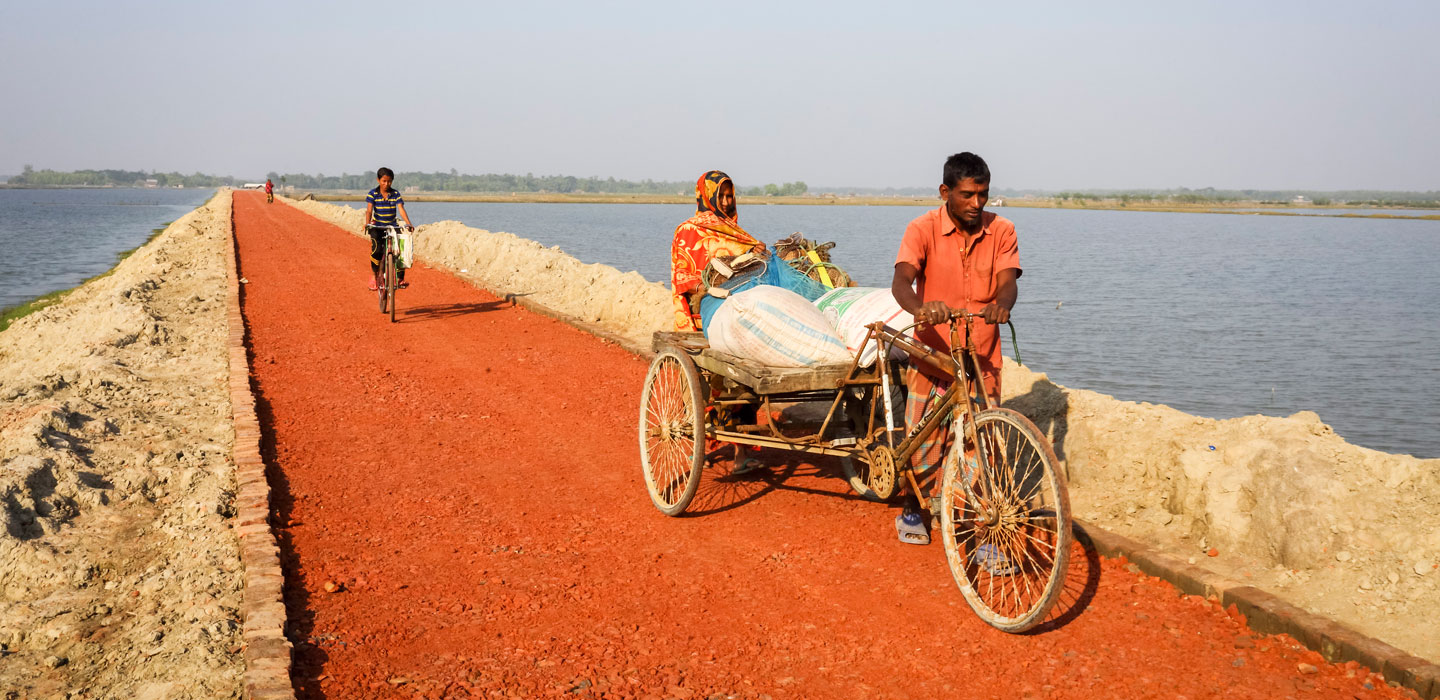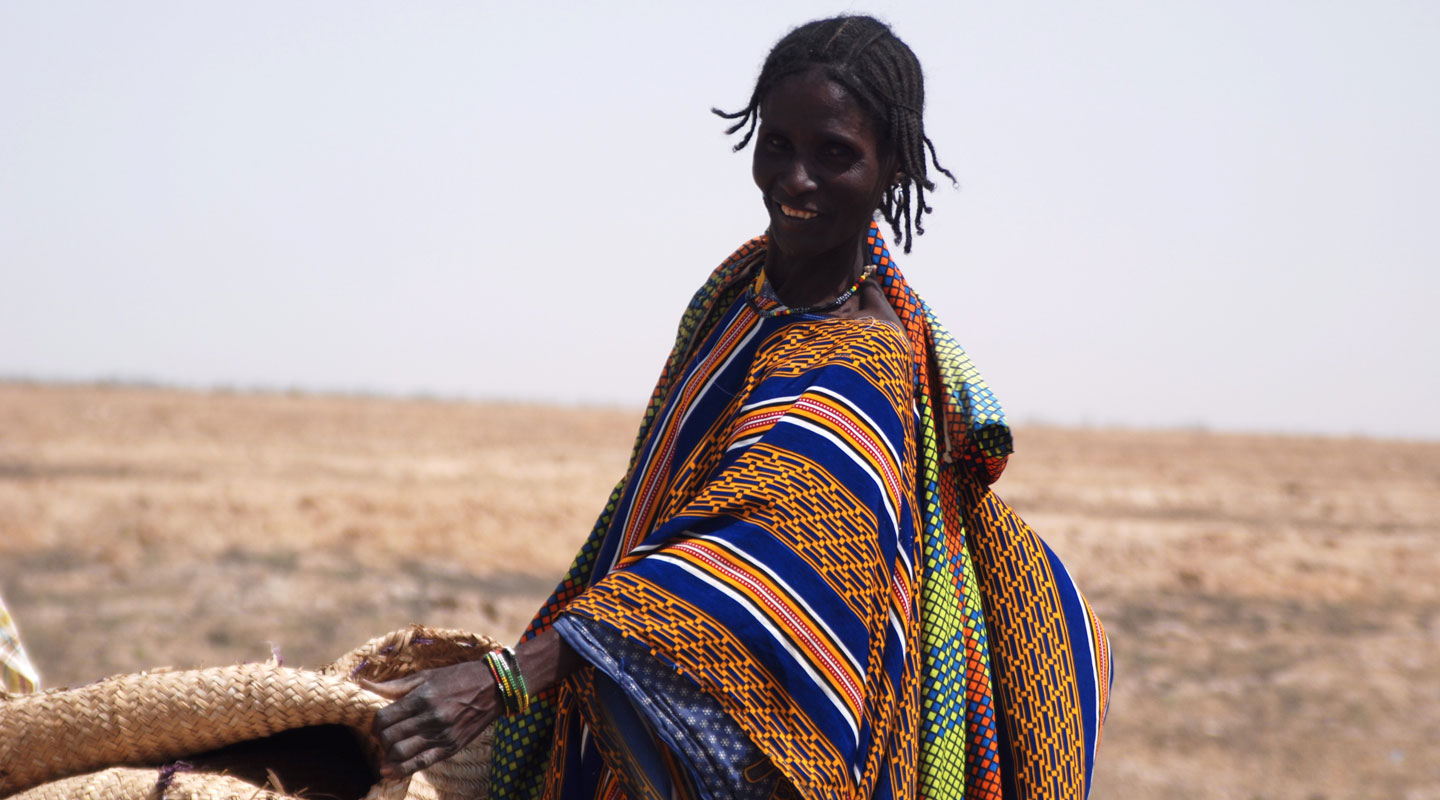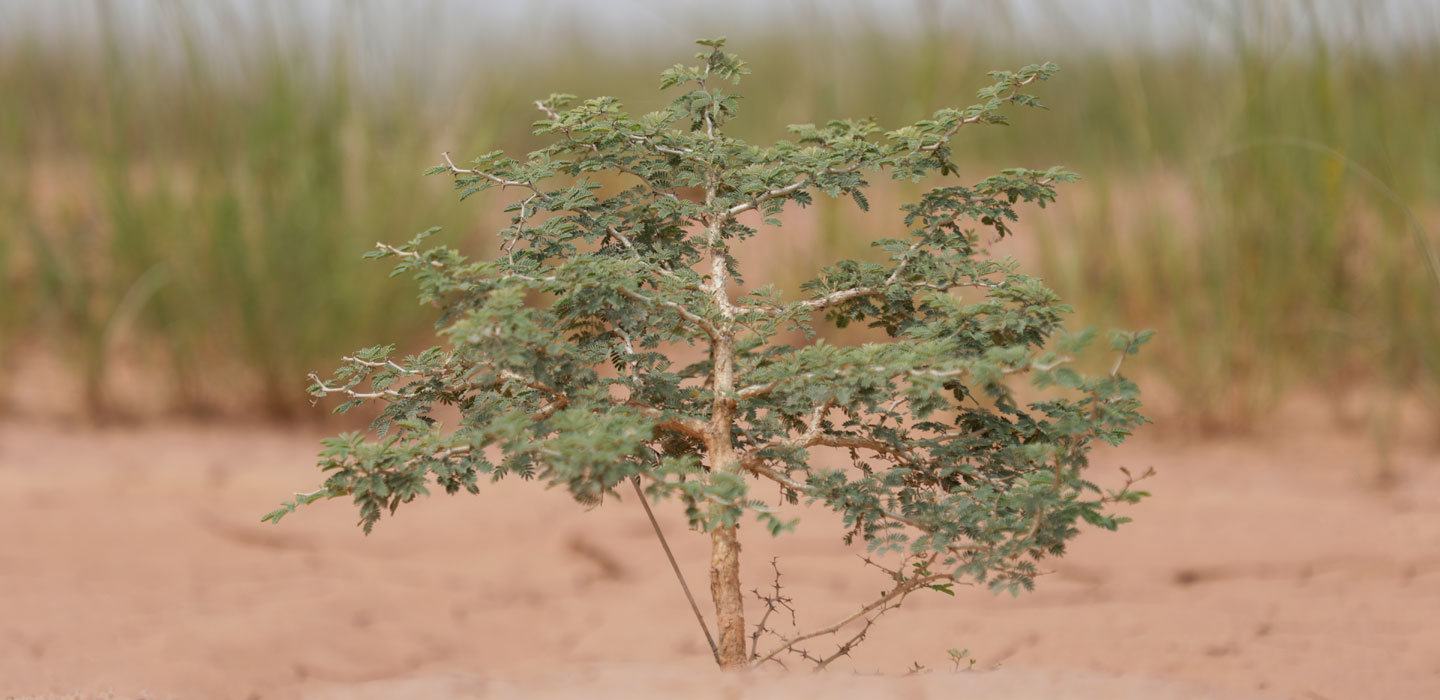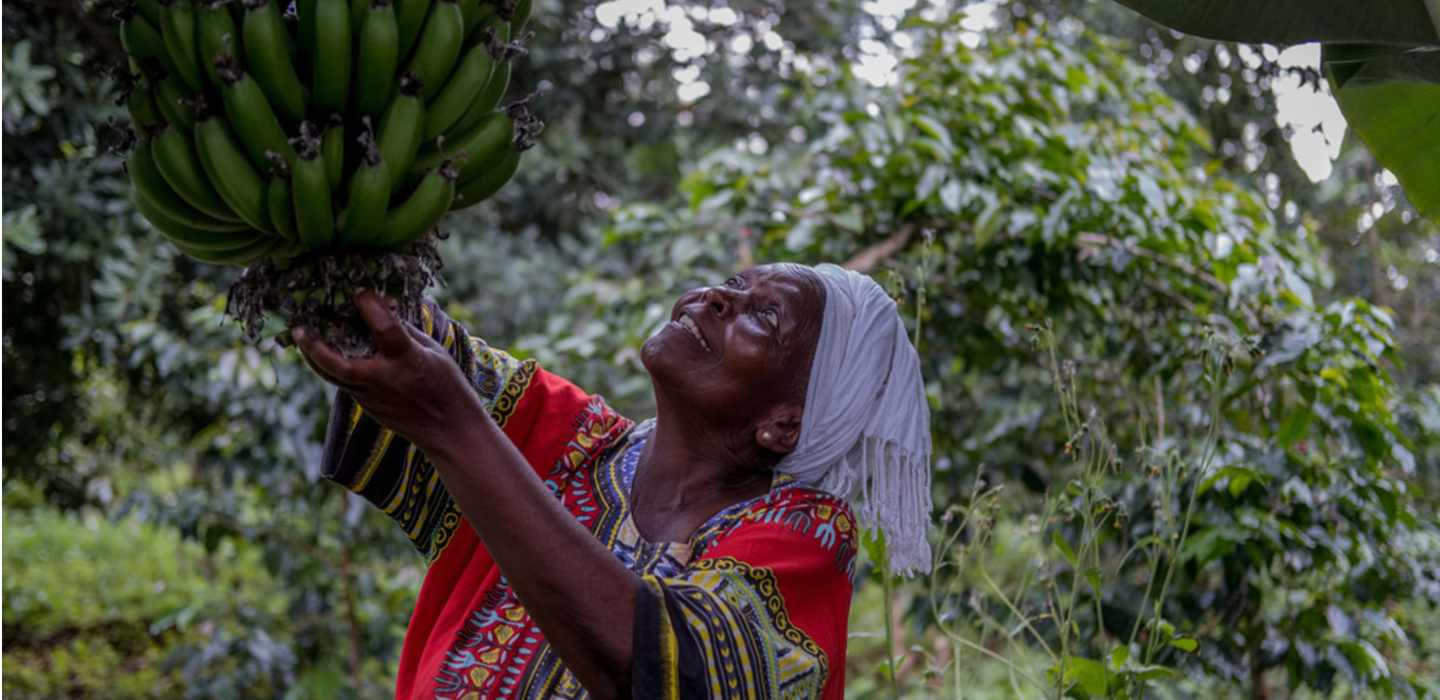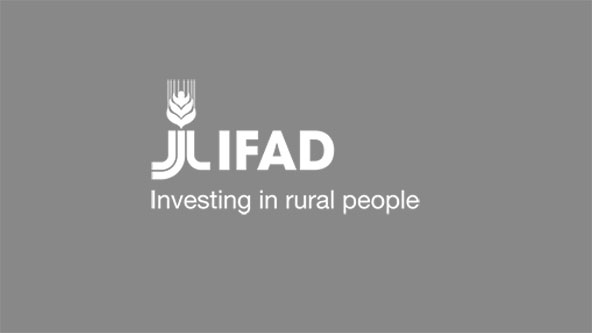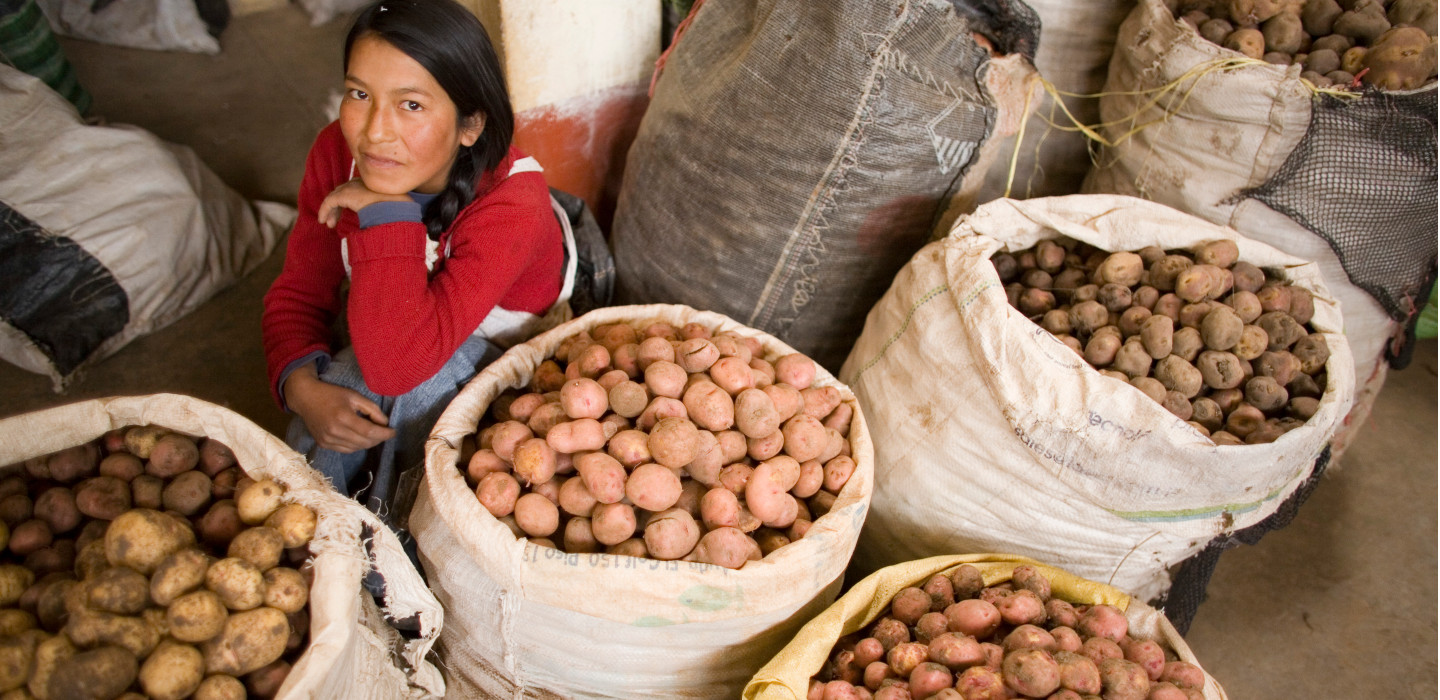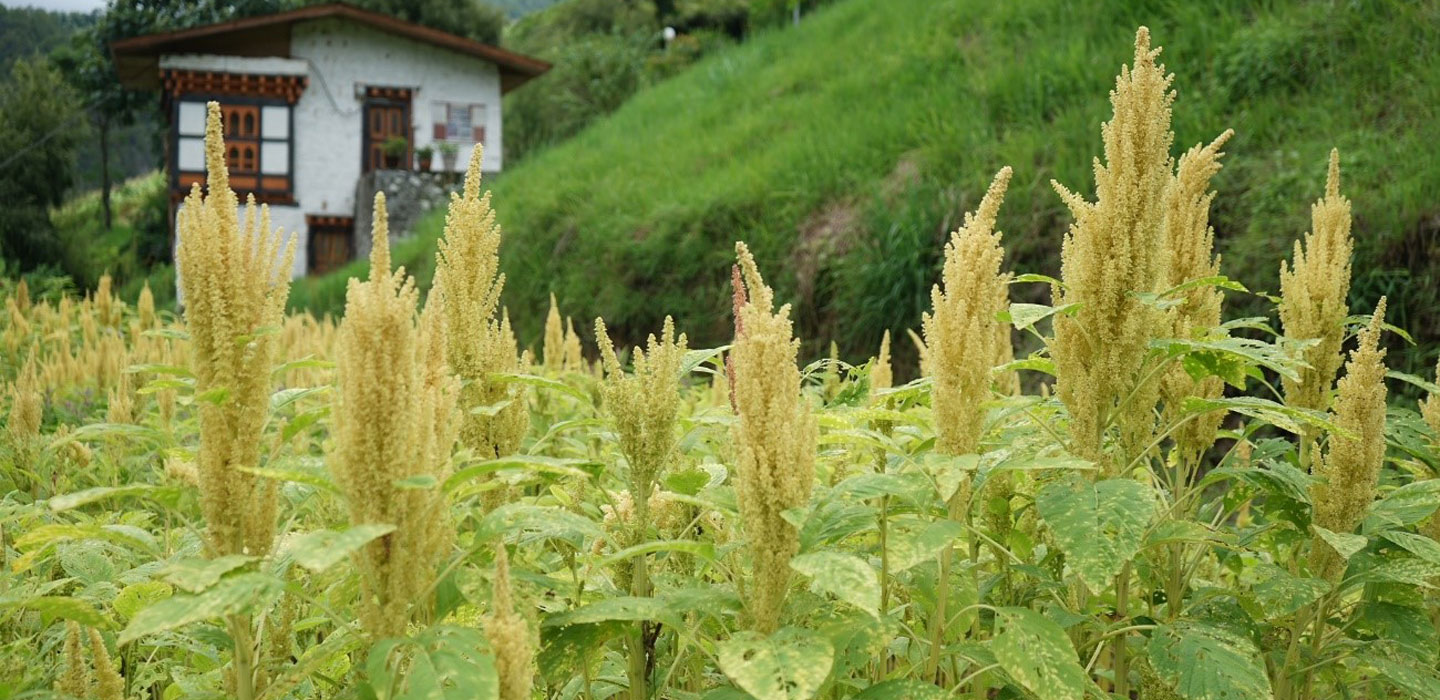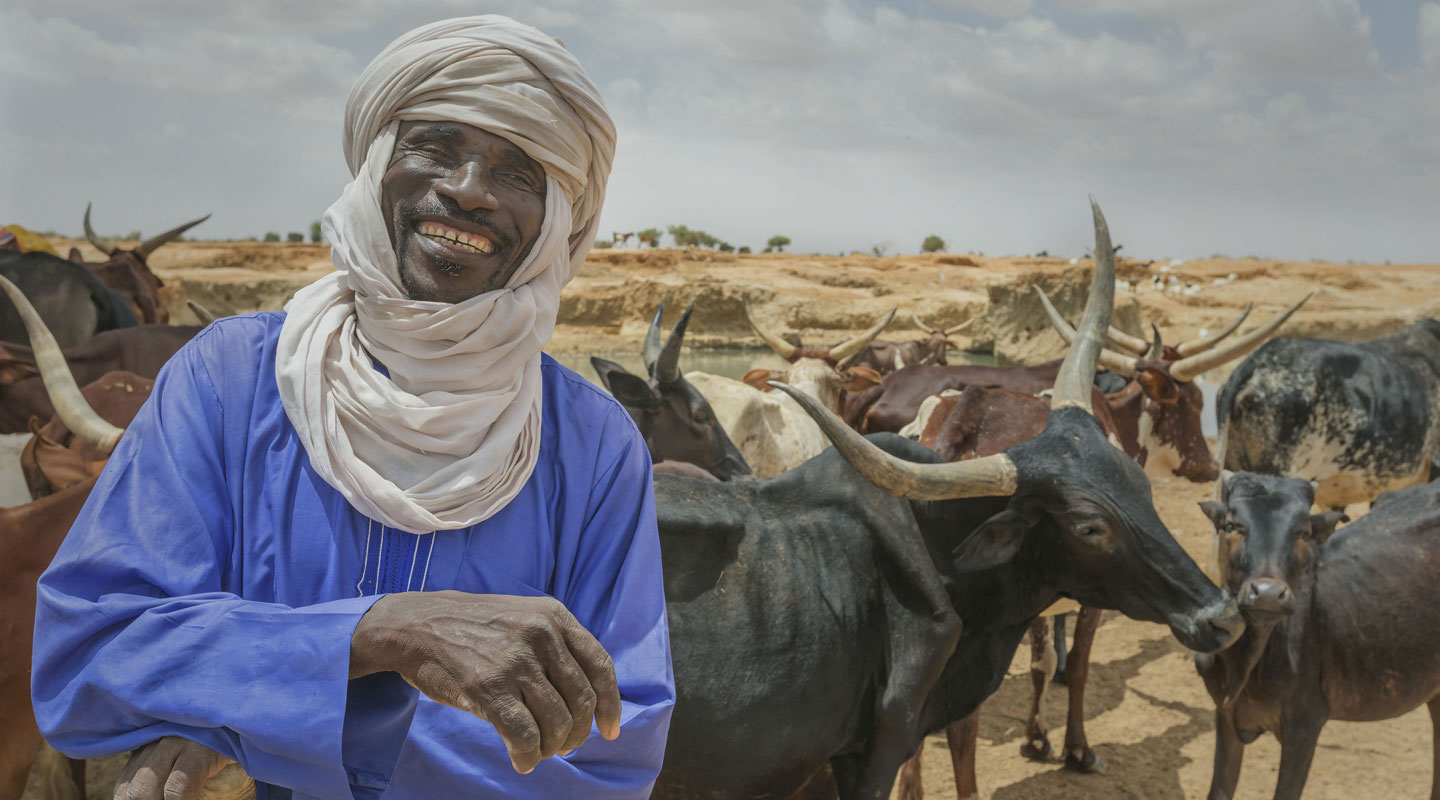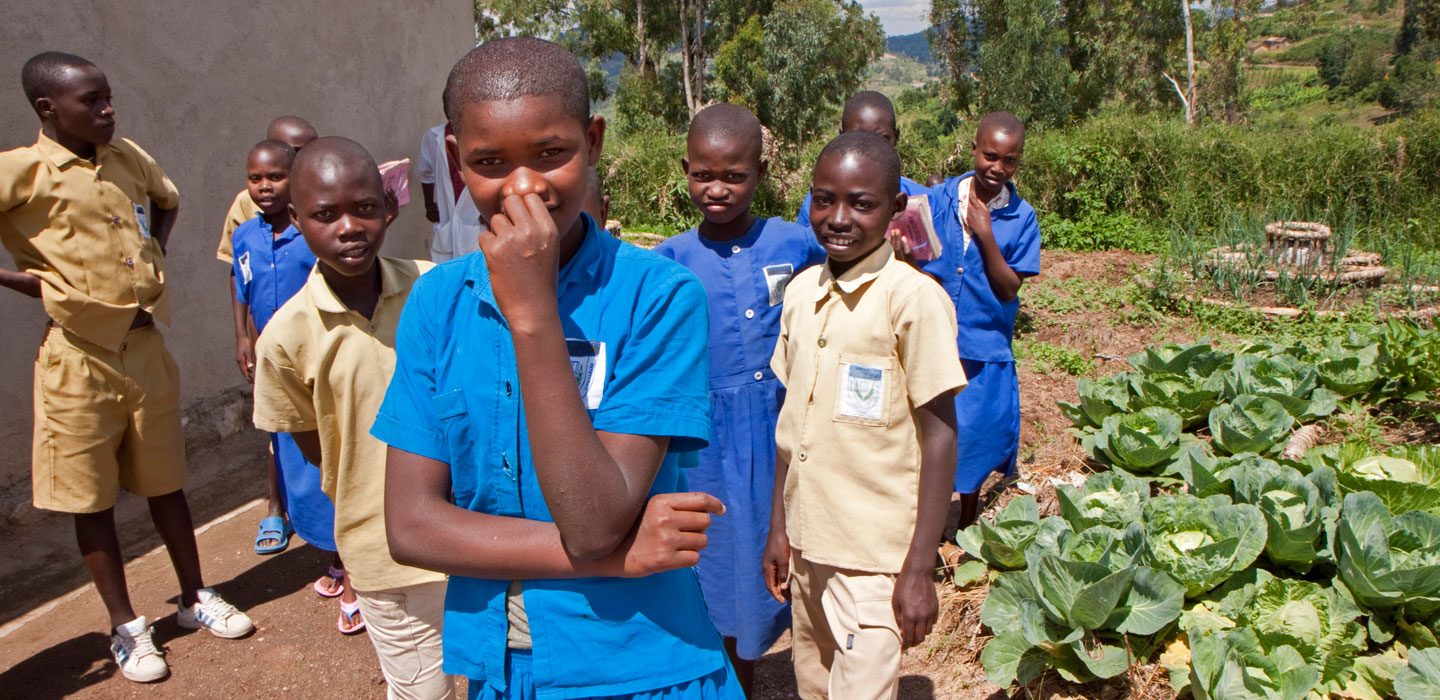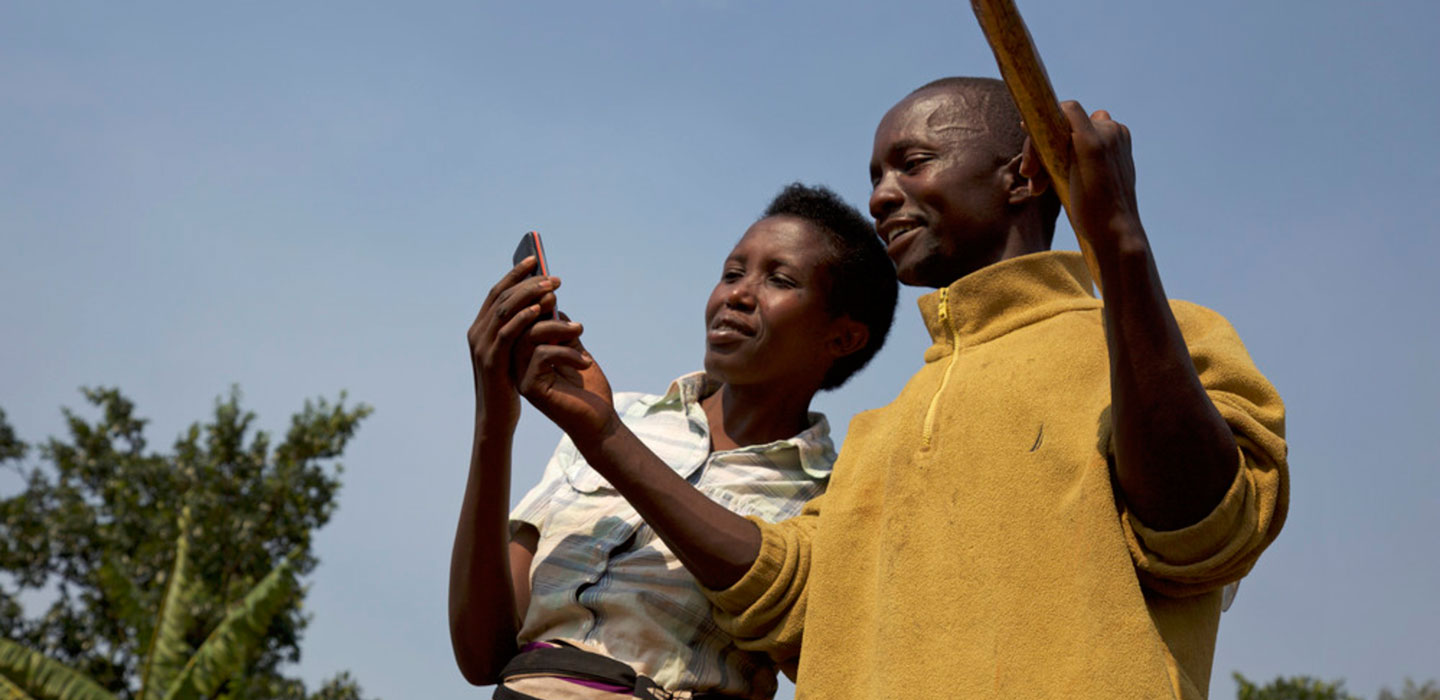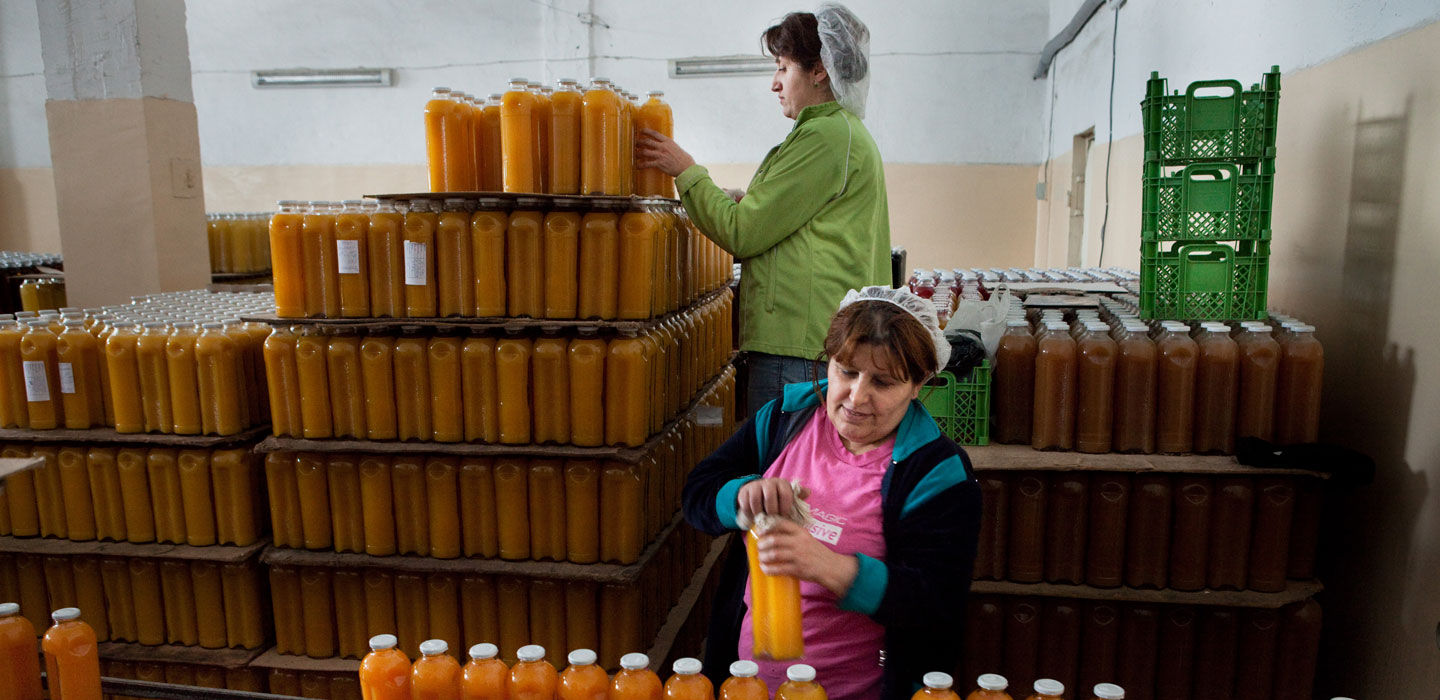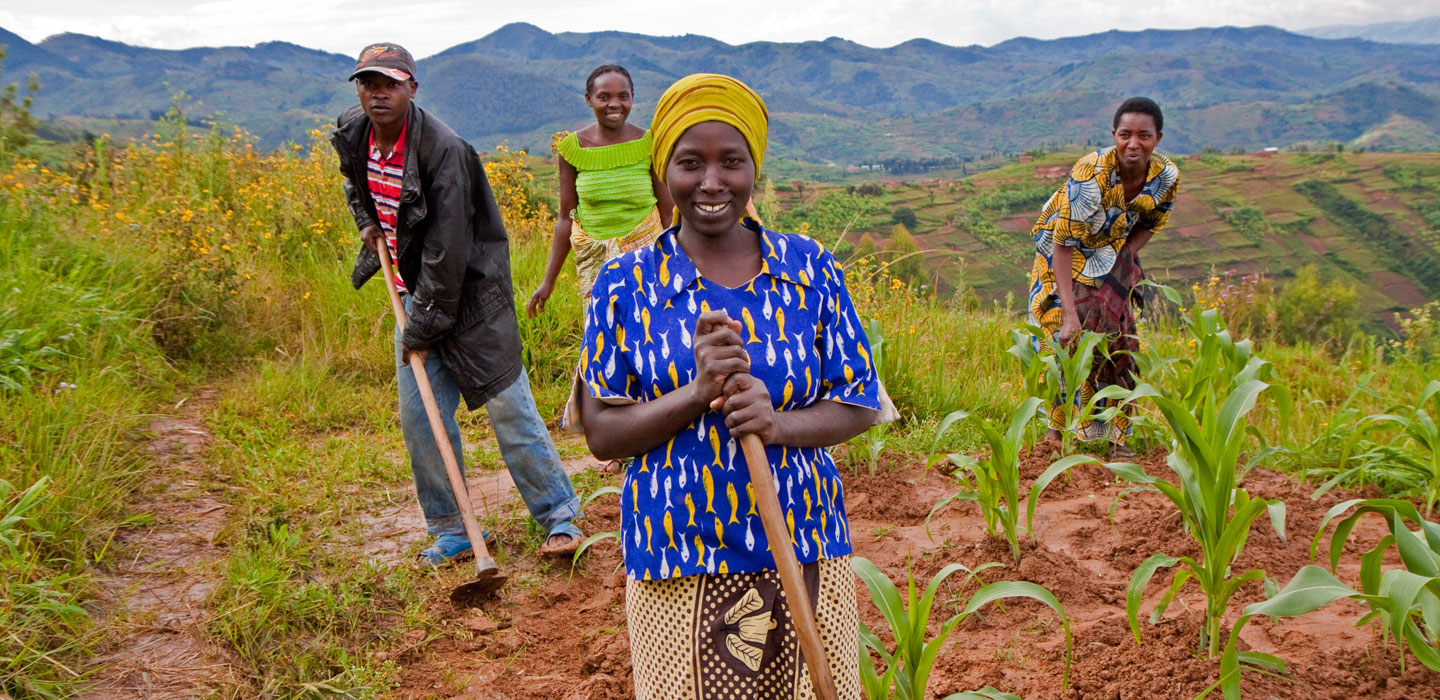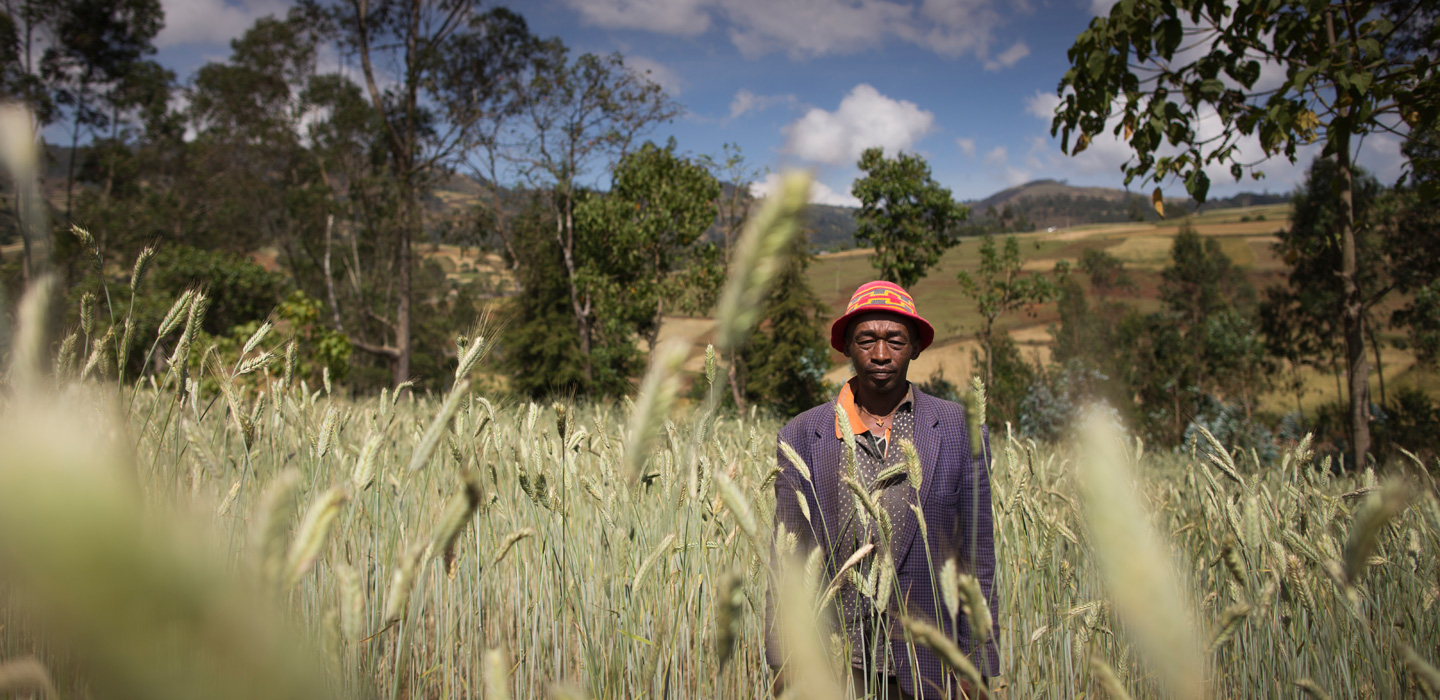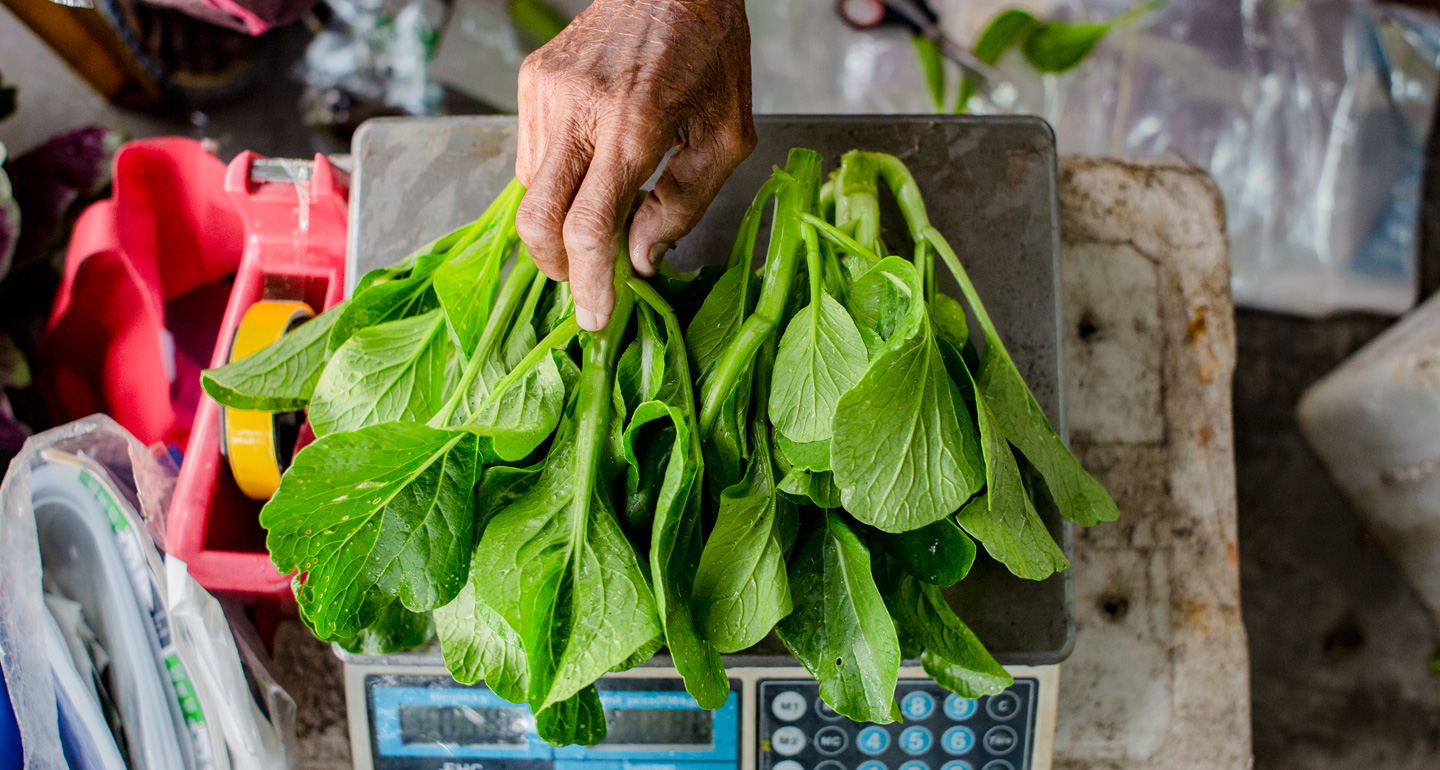Latest
Latest

Latest
Manual Submenu Topics
Search Results Filters
Search Results
Increased investment in Sahel will boost development and resilience of rural populations
About one million rural people in the Sahel region will benefit from a new joint programme, the first of its kind, IFAD announced today. The US$180.4 million Regional Joint Programme will revitalize economic activities and food systems in the Group of Five Sahel countries and in the Republic of Senegal.
Unless we urgently rethink agriculture, more diseases will jump species
As the world grapples with the current pandemic, other threats, not least our climate emergency, have not gone away. The science is clear that without urgent global action, the climate and broader environmental crisis could be worse.
New Vision, New Year – Episode 16
In this month’s episode, we’re focusing on youth and indigenous peoples as agents of change in the developing world.
Fai fatongia: One island’s path to food security, COVID mitigation and climate resilience
In the Kingdom of Tonga, fai fatongia rules the day. Under this principle, which translates to “fulfilling one’s responsibility,” Tongans traditionally put the collective good first and their individual needs second.
Help small-scale farmers adapt to climate change or face increased hunger and migration, warns IFAD President
If investments to help rural small-scale farmers adapt to climate change do not substantially increase, we risk widespread hunger and global instability, warned Gilbert F. Houngbo, President of IFAD, ahead of next week’s Climate Adaptation Summit.
There is a growing climate emergency facing smallholders across Asia Pacific – what is IFAD doing about it?
According to UN reports, the Asia Pacific region is the most disaster-prone region in the world. Nearly 45 per cent of the world’s natural disasters occur in the region.
Greening the Sahara: the Great Green Wall Initiative
In 2009, I travelled by road to Timbuktu, Mali on a short field trip. As we made our way down the dusty roads, I remember wondering what could possibly pull this arid, sparsely populated land into relative prosperity.
French President Emmanuel Macron calls on leaders to fund IFAD
In a move to sustainably address rising hunger and poverty, exacerbated by COVID-19, climate change and biodiversity loss, French President Emmanuel Macron called on global leaders to step up their commitments in support of long-term agricultural development.
To “green” the Sahel, we need big plans and small actions
The best way to make the desert bloom is to dig a hole. Not a well, but a shallow pit in the sandy soil about as wide as the length of your forearm. Then add some dung, plant your seeds, and wait for the rains.
New Frontiers in Sustainable Farming – Episode 15
In this episode, we say goodbye to a year that’s been full of uncertainty and change, but also adaptation, innovation and improvement.
Wishing you season’s greetings from Recipes for Change
Our Recipes for Change chefs Ska Moteane, Lance Seeto, Bela Gil, Pierre Thiam and Mariah Gladstone shared with us their festive wishes for the Recipes for Change community and IFAD in the holiday season.
Five reasons IFAD is putting small-scale farmers at the forefront of food systems transformation
Our current food systems are not sustainable. Hunger has been on the rise for several years, with an estimated 811 million people worldwide going hungry in 2020 – and with the effects of the COVID-19 pandemic, up to 132 million more people are expected to join this number soon.
How Bhutan is showing the way in building crop biodiversity
For countries like Bhutan – nestled in the high Himalayas, historically isolated and topographically challenging – ensuring food security is vital.
IFAD joins with partners to build resilience and boost development in the Sahel
IFAD is joining with FAO and WFP - as well as the G5 Sahel and the Green Climate Fund to revitalize economic activities and food systems in the Group of Five Sahel countries and in the Republic of Senegal.
Climate change talks cannot continue to ignore the needs of small-scale farmers
Poor rural people are among the hardest hit by climate change while contributing little to its causes. They deserve a fair share of climate finance to improve their resilience, and a seat at the table for the global climate talks.
Innovations in agriculture during COVID-19 – Episode 14
This month’s programme is all about innovations in agriculture. We’re travelling around the world to hear about new technologies designed to ensure food security.
In an urbanizing world, strong rural–urban links remain the key to resilient cities
As the world becomes more and more urbanized, many have suggested that cities hold the key to an efficient, sustainable future.
€300 million loan from AFD to IFAD to support millions of small-scale farmers
In an effort to tackle the devastating impact of climate change on rural hunger and poverty, the French Development Agency (AFD), today signed a €300 million loan to IFAD to help small-scale farmers in high-risk countries build their resilience to shocks and increase their productivity.
Climate finance neglects small-scale farmers – new report
Only 1.7 per cent of climate finance – a fraction of what is needed - goes to small-scale farmers in developing countries despite their disproportionate vulnerability to the impacts of climate change, according to a report released by the IFAD and Climate Policy Initiative (CPI) today.
Historic statement by Public Development Banks signals greater commitment to tackle global hunger and poverty
For the first time in history, today 13 Public Development Banks (PDBs) made a joint commitment to strengthen investments in food and agriculture in the context of a global pandemic and a changing climate.
